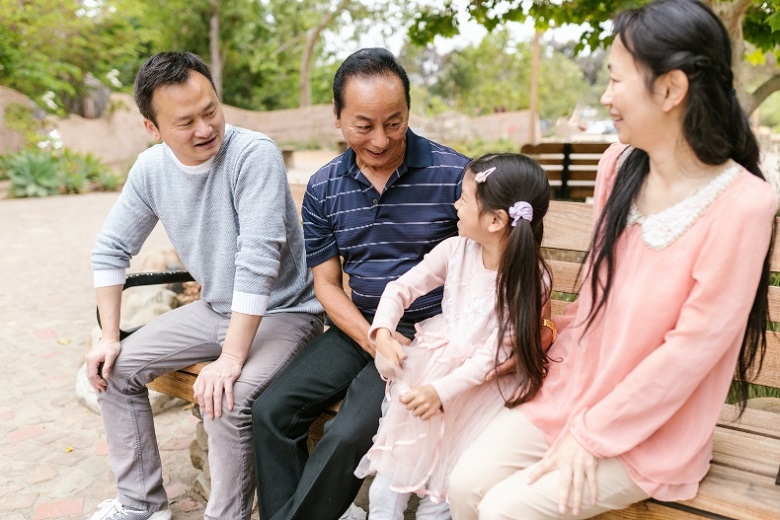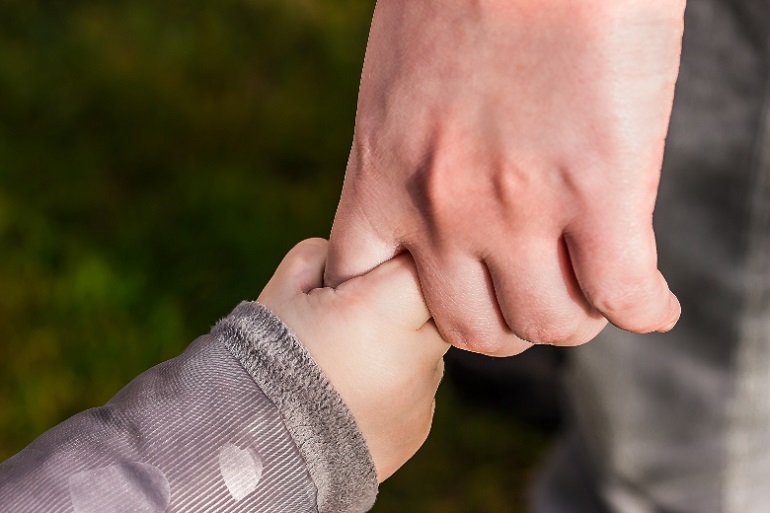Parental Challenges in Raising a Child With CP

Cerebral palsy is a neurological condition that can happen before, during, or after your baby’s birth. CP (Cerebral Palsy) often results in lifelong disability. Children with cerebral palsy experience motor, speech, and other psychological impairments. As a result, most kids with cerebral palsy need assistance throughout their life.
Raising a child with cerebral palsy brings challenges for the entire family. Research indicates that families taking care of children with special needs are more prone to divorce, financial strain, depression and stress, relationship challenges, and bankruptcy. The family often feels isolated due to a lack of support from the other family members, healthcare staff, and community members. Read on to learn about parental challenges in raising a child with cerebral palsy.
Special caregiving demands
The biggest issue the parents of children with a cerebral palsy face is the special caregiving demands and uncertainties associated with their child’s physical and mental health. Most children demand constant assistance in all activities of their daily life. And they continue to require this attention throughout their life. As a result, parents face physical health challenges such as fatigue, cramps in the body, stiffness in muscles, etc.

Financial burden
Cerebral palsy is a permanent condition; therefore, the child needs treatment throughout their life. The treatment, including therapies, medication, surgeries, etc., is often very costly. Thus, the financial burden is another challenge in raising a child with CP.
Legal help and compensation are available for the parents if they prove that the CP in their baby happened due to the medical staff’s negligence. Birth injuries such as Erb’s Palsy and Cerebral Palsy, etc., make the parents eligible to demand compensation from the on-duty medical staff.
The parents can hire a cerebral or Erbs palsy attorney and file a legal complaint in court. The compensation amount, when received, helps a lot with the treatment. But until it is received, you have to manage the treatment expenses independently. So, apart from seeing their child with this painful condition, the financial burden is a constant challenge for the parents.
Constant feelings of grief and sorrow
Seeing your child with a painful life-long impairment is overwhelming. Grief and sorrow of lost dreams and hope often become unbearable. The negative emotions associated with upbringing a child with CP put the parents’ life on the back foot. Mothers find it very hard to accept their children’s condition. They constantly wish their children could sit, walk, and act like other children. They persistently worry about their child’s future, what will happen when they grow up, and who will care for them in their absence. Studies also show that mothers feel guilty about their child’s condition.
Lack of family support
Research shows that apart from the grief, parents have to endure the negative attitude of friends, family members, relatives, and the community. They feel constant scrutiny about how they care for their kids, the facilities, and the treatment options they choose. Sometimes they blame mothers for preventing their children from sitting, walking, talking, and living a normal life.
Often parents are looked down upon as if their child’s condition is some Karma— a punishment from God. In Korean families, mothers of children with chronic illnesses and disabilities such as cerebral palsy feel more negative emotions from their family and friends than families in the West.
Lack of facilities for kids with cerebral palsy
Parents with cerebral palsy often complain that many hospitals fail to provide ample facilities for treatment and help their children. In various parts of the world, parents experience a lack of assistive devices and an unhelpful attitude from the medical staff. There is also a lack of transportation facilities to and from the clinics and hospitals. They often have to travel long distances to get the proper treatment. Research in this regard also shows an overall shortage of social and therapeutic services such as daycare, wheelchairs, and toilets suitable for children with CP.
Inability to have a social life
A child with CP is your constant responsibility. As a result, parents with cerebral palsy report having fewer social engagements. They stop going to family events and friends’ gatherings because their kid always requires their assistance. Another reason for having a limited social life is their refusal to accept their child’s condition. As a result, they feel ashamed of their predicament and avoid society.
Parents complain that in social gatherings, people show sympathy, but start behaving differently too, which can be very irritating. Parents also fear that others will ask intrusive questions about their child’s health. Or they will stare at their kid and comment on how they look and behave. The lack of formal daycare facilities and trained staff to care for children with CP makes it more difficult for the mothers to perform daily activities and maintain social contacts.

Social conflict
Parents of babies with CP face social conflict. This situation arises when friends and family talk negatively about the kid. This lack of support from society and family leads to misunderstandings in social and family relationships. In some cases, these strained family relations lead to separations and divorce. It is often mainly because of the lack of acceptance and embarrassment of having a baby with cerebral palsy.
Loneliness and isolation
Lack of social engagement and insufficient support from family members and friends makes the parents feel isolated and alone in their struggle. They often think that they cannot call anyone for help. This further increases the feelings of loss, pain, and grief. Loneliness and isolation have detrimental effects on the parents’ mental health by instilling self-doubt about their ability to provide the best care to their child.
Behavior management
Parents often struggle to understand the behavior of their children. They struggle to differentiate when their baby’s behavior was due to CP and when it is related to a behavioral issue that necessitates an assertive parenting response. Patents often feel that frustration resulting from their child’s insufficient communication skills is difficult to cope with and challenging to manage.
Conclusion
Extensive literature has mentioned that parents of a child with CP have additional challenges. More often than not, they struggle to communicate with and understand the behavior of their child. Parents feel constant stress about the future of their children. Society does not behave fairly with child and their parents either. Parents bare the negative and condescending attitude of their friends and community and the abandonment of the family members.